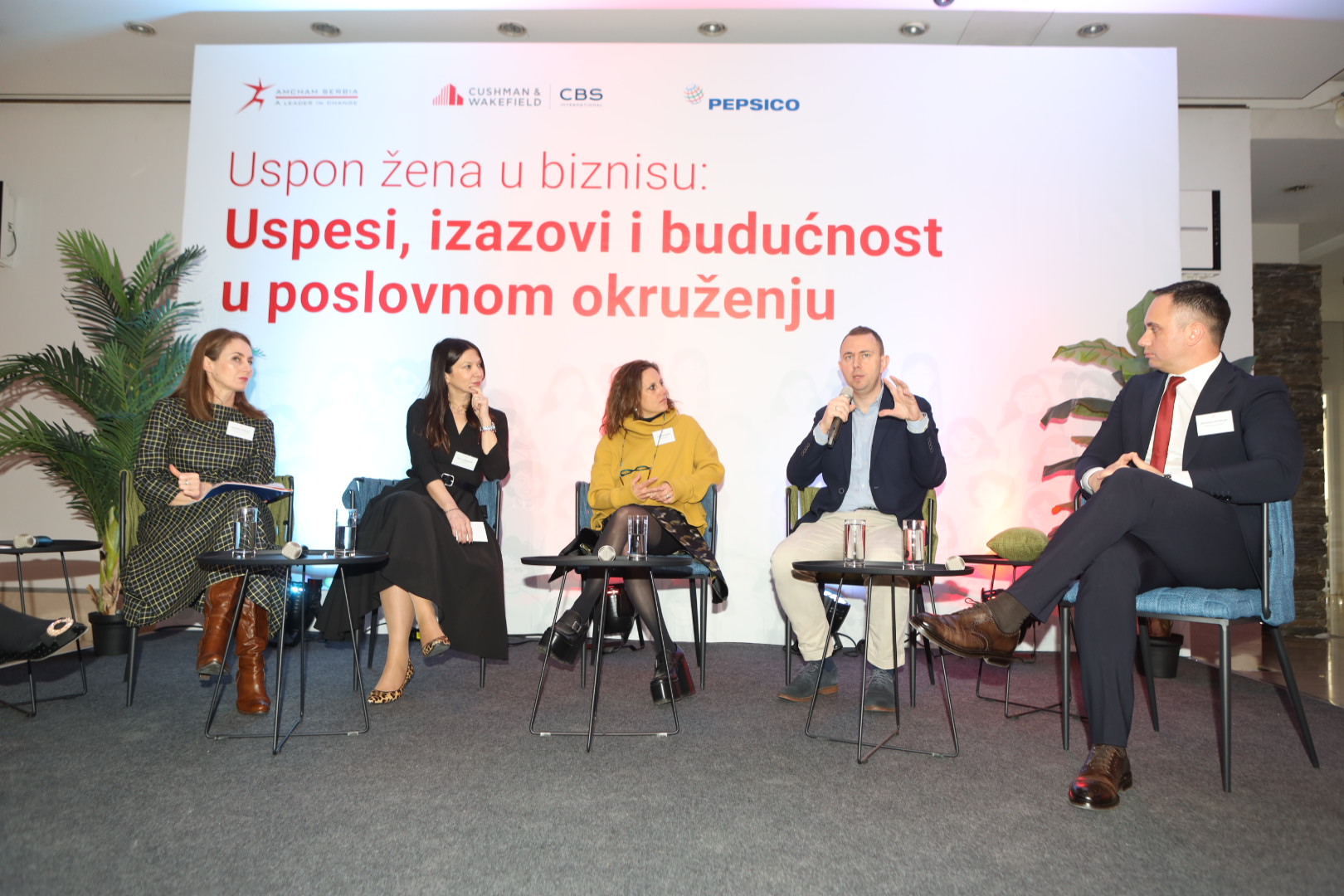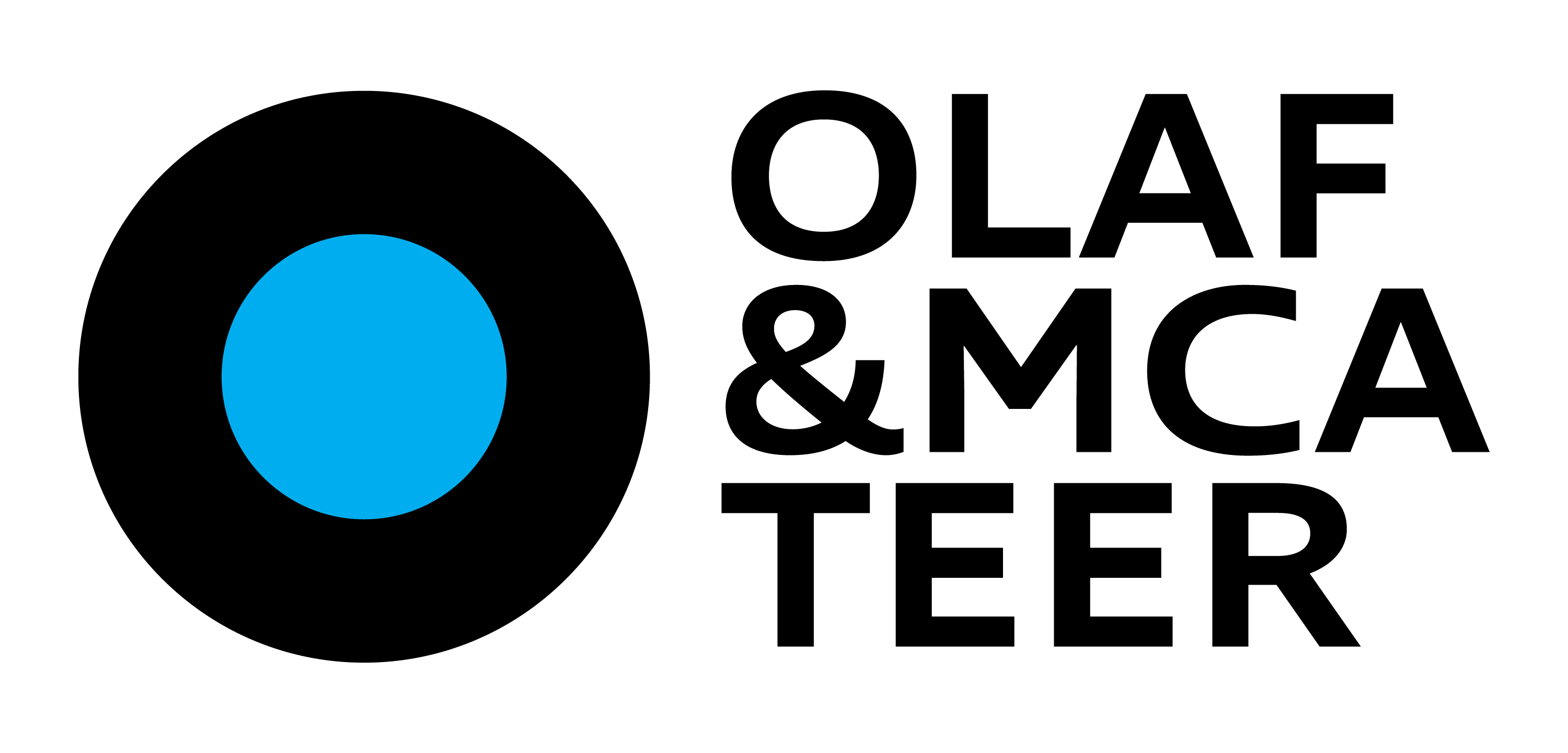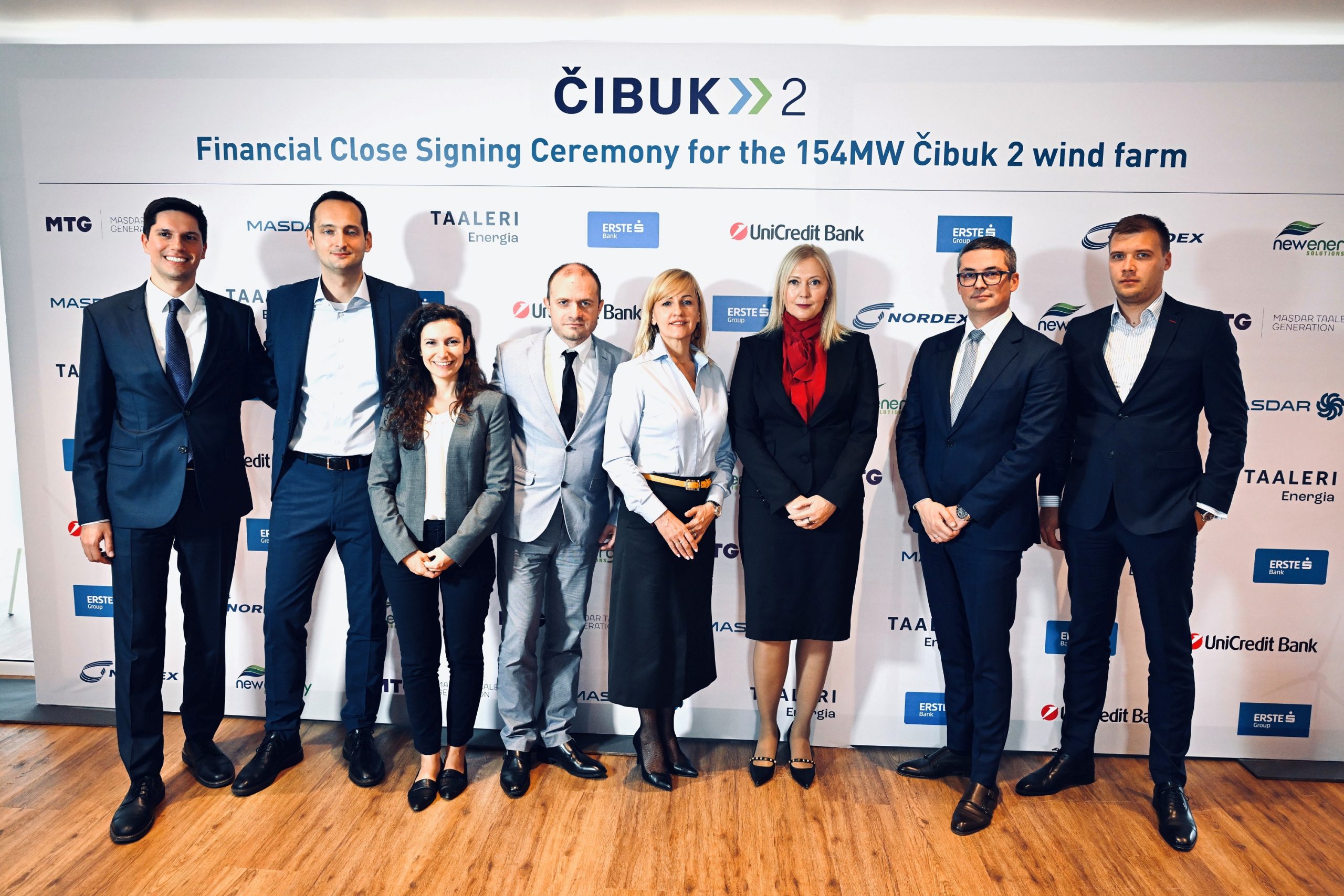
Gender equality as a prerequisite for developed economies
Key issues concerning gender equality in business were discussed at the event titled ‘Successes, Challenges, and the Future of Women in Business,’ organized by the American Chamber of Commerce in Serbia (AmCham).
Stefan Lazarevic, President of AmCham, emphasized the importance of cultivating a culture of gender equality in the business environment, with active involvement and support from men. He added, “Enhancing gender equality in business is a prerequisite for constructing sustainable and advanced economies. By actively fostering a corporate culture that promotes gender equality and with the engagement and support of men, we can create conditions in which all individuals can develop and progress, irrespective of their gender.“
Through partnerships with relevant institutions and organizations, as well as active participation in projects like ‘She Knows – Project for Economic Empowerment of Women,’ supported by USAID, AmCham aims to empower women in the workplace and eliminate obstacles affecting their professional development and work, ultimately contributing to the development of a better society.
This project is being implemented under the leadership of Impact Hub, in collaboration with AmCham, UN Women, the Center for Development of Jablanica and Pčinj Districts, and Erste Bank. “All USAID projects and strategies are based on gender equality principles,” said Jelena Mihajlović, manager of the USAID’s ‘She Knows’ project.
Brankica Janković, Commissioner for the Protection of Equality, also spoke at the event, emphasizing the importance of raising awareness about gender equality and the obligations that employers face according to EU regulations. She added, “Prejudices that women cannot be good managers and business leaders must be eliminated promptly to enable significant economic growth. Data compiled by the European Institute for Gender Equality show that improving gender equality by 2050 would lead to an increase in the EU’s GDP per capita by 6.1 to 9.6%, amounting to 1.95 to 3.15 trillion euros. Changes are complex and involve dynamic processes influenced by numerous factors, including the recently adopted EU directive, the development of artificial intelligence, and the increased number of women in STEM sciences. However, the reasoning and actions of individuals needing these changes are also crucial,” said Ms Janković, emphasizing that directives and laws alone are insufficient for the desired change, and a determined and broad engagement of the entire society is required.
The panellists also concurred that the issue of gender equality is fundamentally linked to overcoming prejudice in practice, and economic and social status, and is crucial for boosting the economy of each country.
The event was organized with the support of CBS International, part of the Cushman & Wakefield Group, and PepsiCo.
Related posts
Chips Way from Čačak has completed the largest investment cycle in its history
Following global trends, with strong support for the local economy
Published “The most important book about the most important influencers”
A collection that celebrates educators through the stories of their students
Erste Bank continues to invest in a sustainable future
€47 million invested in the construction of the largest wind farm in Serbia




